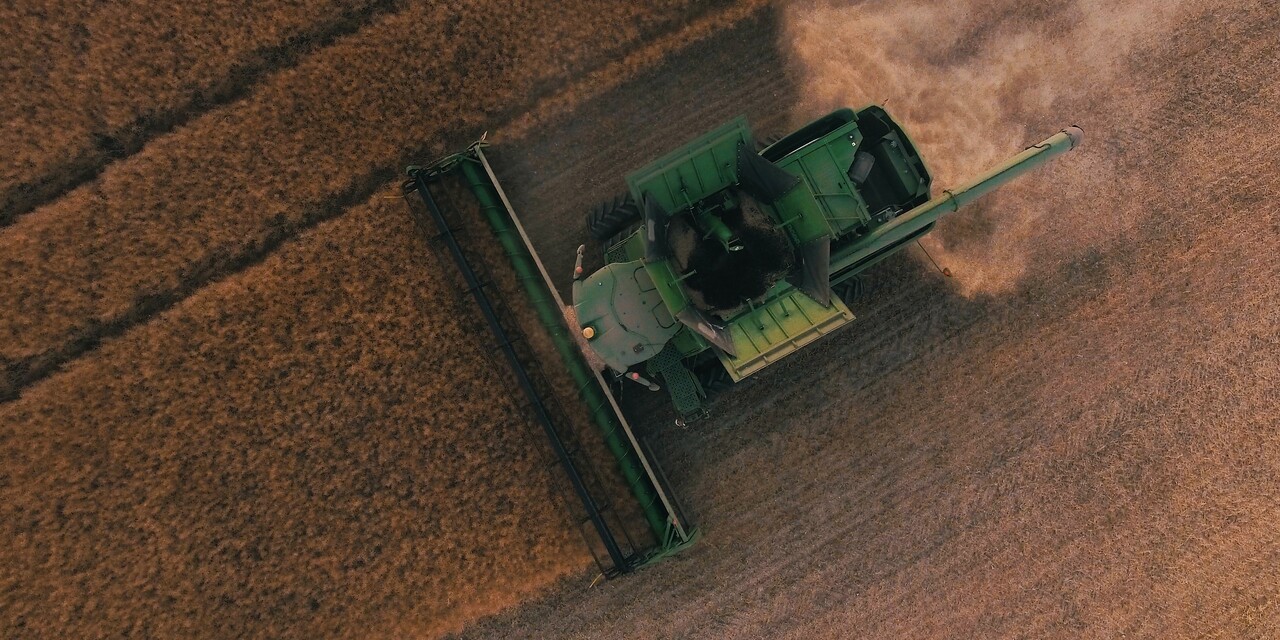
FSS launches new online tool to protect businesses from food crime
Food Standards Scotland (FSS) has launched its Food Crime Risk Profiling Tool, an online programme which allows companies to assess their vulnerabilities to criminality.
Using the tool allows businesses to assess themselves against a series of statements on topics, such as how they source materials and their supply methods, before being given an individual report at the end which will highlight areas of good practice as well as including specific guidance on areas they may wish to improve on.
Ron McNaughton, Head of the Scottish Food Crime and Incidents Unit at FSS, explained: “Food crime is serious fraud and related criminality in food supply chains. It could include adulteration, substitution or misrepresentation of origin amongst other criminal techniques.
“So we’ve decided to work with key stakeholders from the food industry and experts who have an interest in tackling fraud in food supply chains to develop an online, food crime risk profiling tool.
“Prevention is the key to winning the battle against food crime. We felt it was important to support the food industry through crime prevention in order to protect businesses and, ultimately, consumers.”
Specifically, businesses will be able to assess their processes and procedures accurately in four key areas: strategy, performance, organisation and culture.
The statements within those categories will help guide the final report.
David Thomson, the CEO of Food and Drink Federation Scotland (FDFS), believes it’s never been more important for businesses to focus on potential food crime in their supply chain.
“This tool is a great opportunity for food and drink businesses in Scotland to actually look carefully at their risk to food crime and I would urge everyone to sign up for it,” he added.
In 2013 Europe witnessed one of its most infamous cases of food crime when a huge amount of products, including burgers, were discovered to contain horse meat.
Known as the horse meat scandal, leading the UK’s independent review in the aftermath was Christopher Elliott, a professor of Food Safety and Microbiology at Queen's University Belfast and founder of the university's Institute for Global Food Security.
Professor Elliott says cheating in the food supply system internationally gains people up to 50 billion dollars each year, adding that if something looks too good to be true, the chances are it probably is.
He added: “In terms of which sectors are most at risk, unfortunately the answer is every sector.
“From primary agriculture through to retail and food service people will try to penetrate your business and cheat you.”
Free workshops available
To support businesses through this process, FSS will be holding several free online workshops later this year to help develop opportunities to increase authenticity and improve food crime resilience – those who sign up to the tool will receive an invite to the workshops.
For more information and to sign up to the tool, click here.

